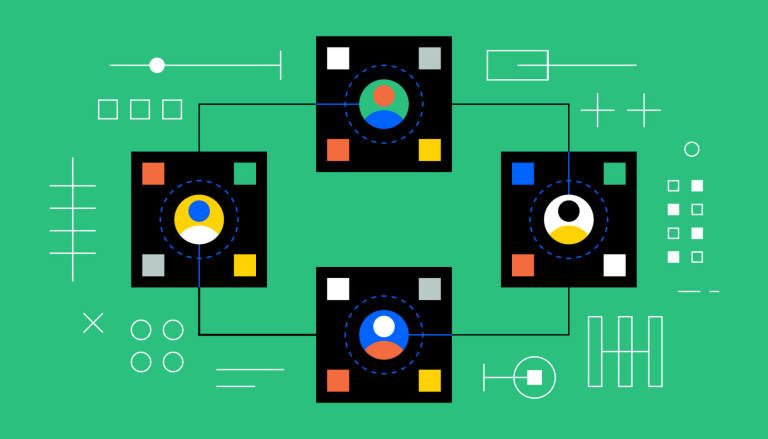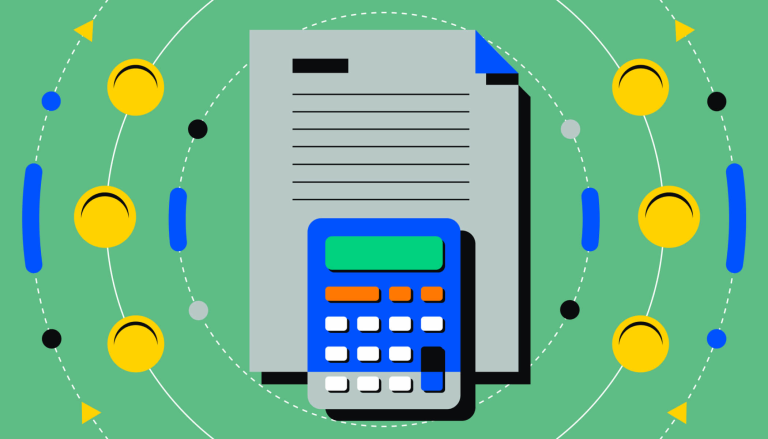What are investment DAOs, and why are they important for investors?

Decentralized Autonomous Organizations (DAOs) are entities that pool and allocate resources on behalf of their community.
They aim to make the resource allocation process more inclusive.
DAOs can allocate resources to various asset classes, including digital assets and real estate, and their governance is enforced through smart contracts.
What is a DAO?
A DAO, or Decentralized Autonomous Organization, is a type of organization that raises and allocates resources to assets on behalf of its community. These organizations leverage the power of Web3, the decentralized internet, to aim to make the resource allocation process more inclusive.
DAOs can have their units in tokens, with community rules agreed upon and governance enforced through smart contracts. Governance rights, or voting rights, can be prorated based on the holdings in the DAO. This means that the more tokens a member holds, the more influence they have over the DAO's decisions.
How do DAOs differ from traditional resource allocation vehicles?
DAOs differ from traditional resource allocation vehicles in several ways. A decentralized organization that allocates resources to digital assets, real estate, nonfungible tokens (NFTs), or any other asset class operates differently from traditional resource allocation vehicles.
In traditional venture capital, a fund is founded and managed by general partners (GPs) who are responsible for sourcing resource allocation opportunities, performing due diligence, and closing allocations in a portfolio company. In contrast, DAOs allow anyone holding its governance token to make decisions regarding its resource allocations. This model aims to prioritize the wisdom of the crowd when making resource allocation decisions.
Why are DAOs important for resource managers?
DAOs are important for resource managers because they aim to make the resource allocation process more inclusive. Traditional models put resource allocation power in the hands of a relatively small group of resource managers of VC funds and family offices, and hedge funds. DAOs offer anyone holding its governance token the ability to make decisions regarding its resource allocations.
This means that even those with fewer resources can have a say in the resource allocation decisions of the DAO. This level of inclusivity and striving for democratization is not seen in traditional resource allocation models, making DAOs a noteworthy development in the resource allocation landscape.
How to start a DAO?
Starting a DAO can be a straightforward process with the right tools and resources. There are platforms available that allow users to create a simple multisig DAO that allows for quick decision-making without needing to wait for a vote to conclude.
The process involves choosing a blockchain, naming the DAO, and setting up the initial parameters for the DAO's operation. Once the DAO is set up, members can start pooling their assets and making collective resource allocation decisions.
The future of DAOs
The future of DAOs may see them continue to strive for a more inclusive resource allocation process. With blockchain technology at their core, these organizations offer a new, more inclusive way for individuals to pool their resources and allocate collectively.
As more people become aware of the benefits of DAOs, it's likely that we'll see an increase in their adoption. This could lead to a more decentralized and democratic resource allocation landscape, where power is distributed among many rather than concentrated in the hands of a few.


